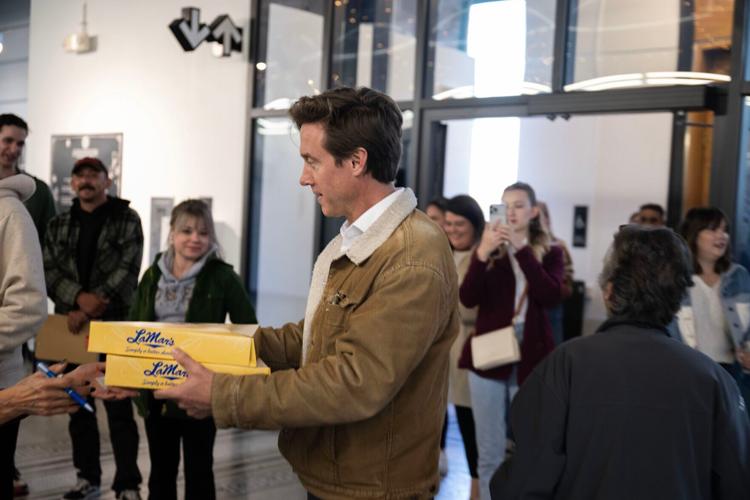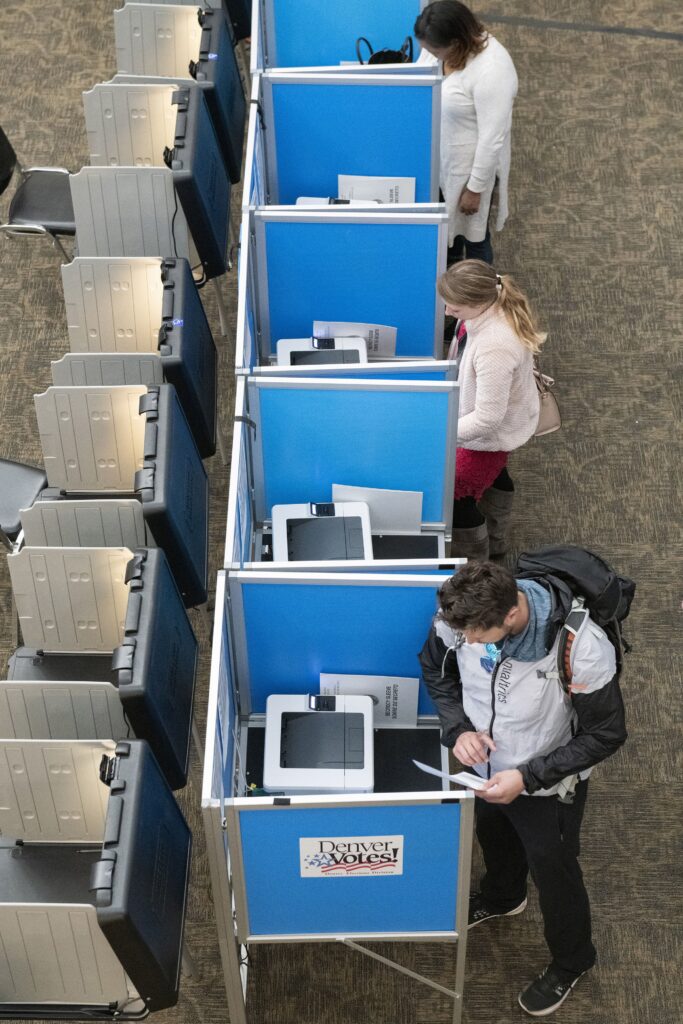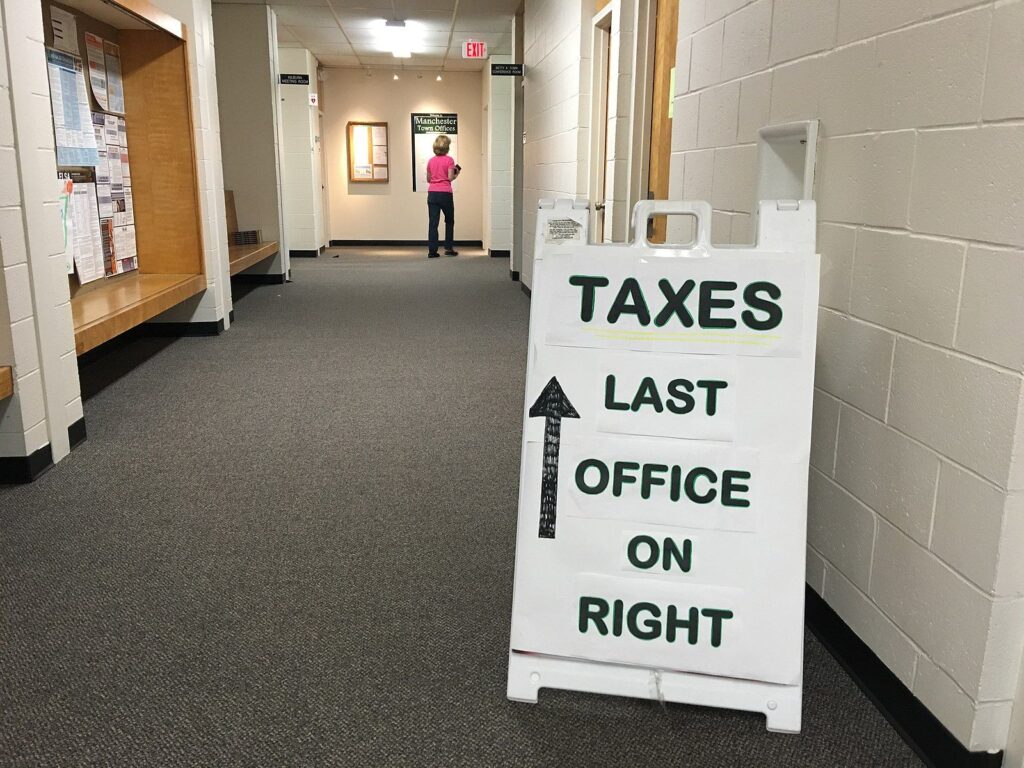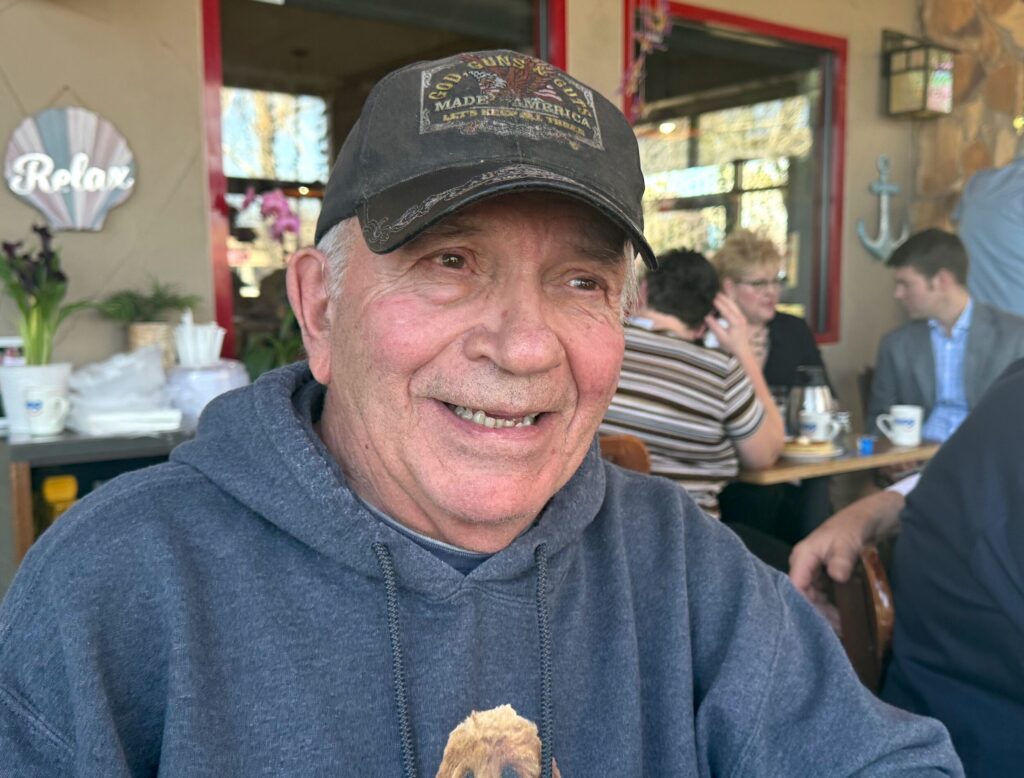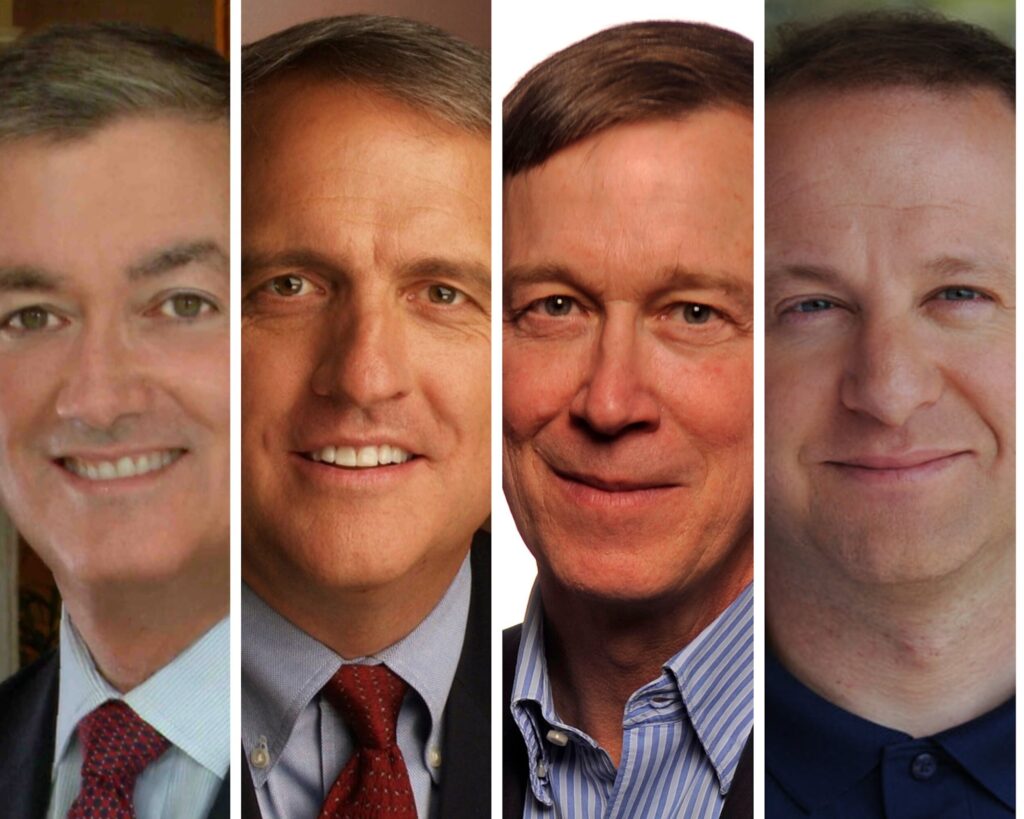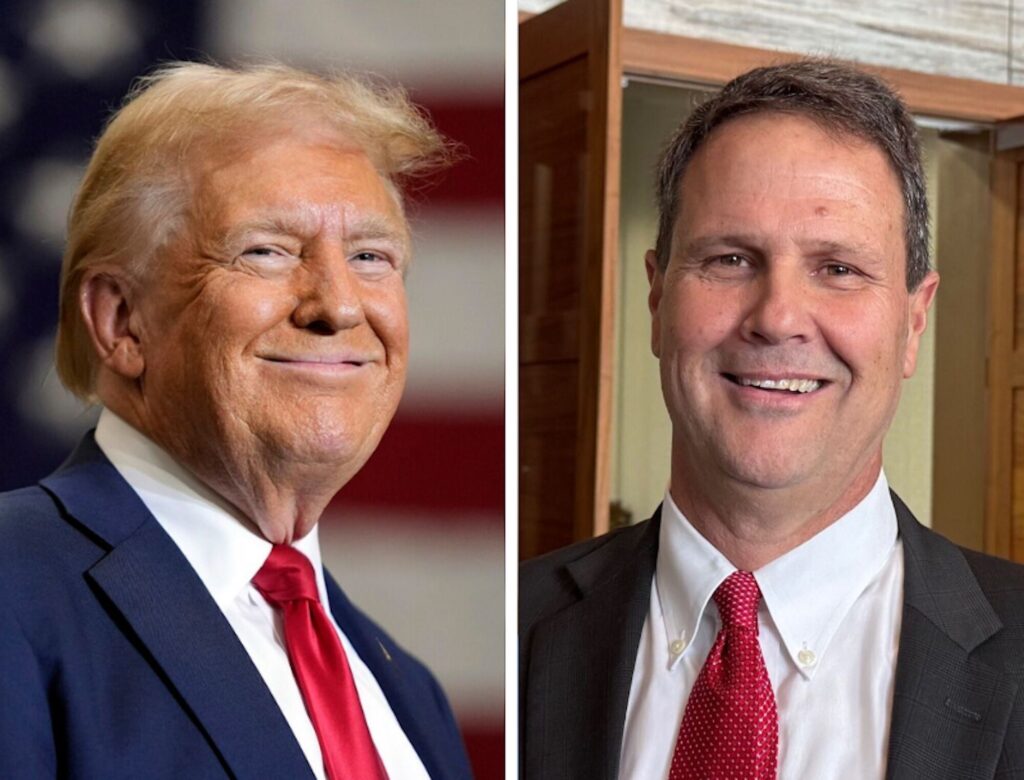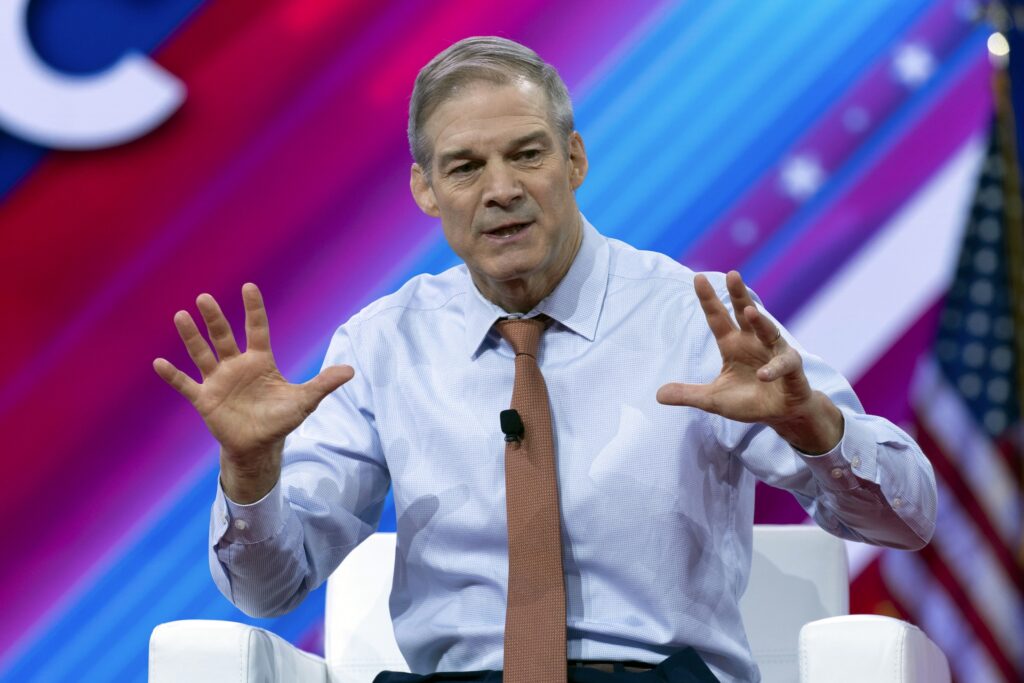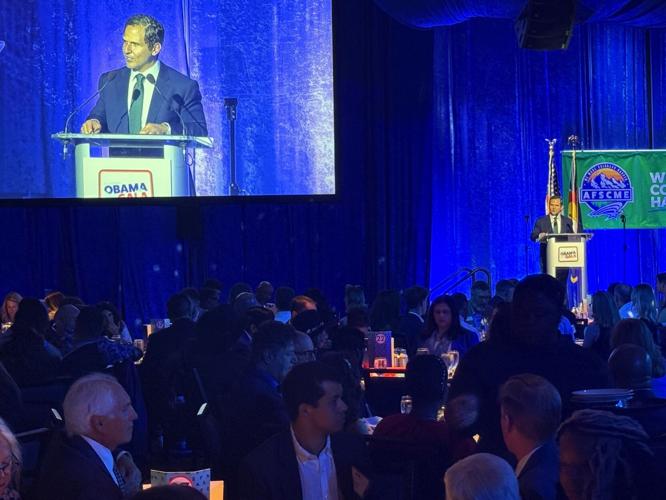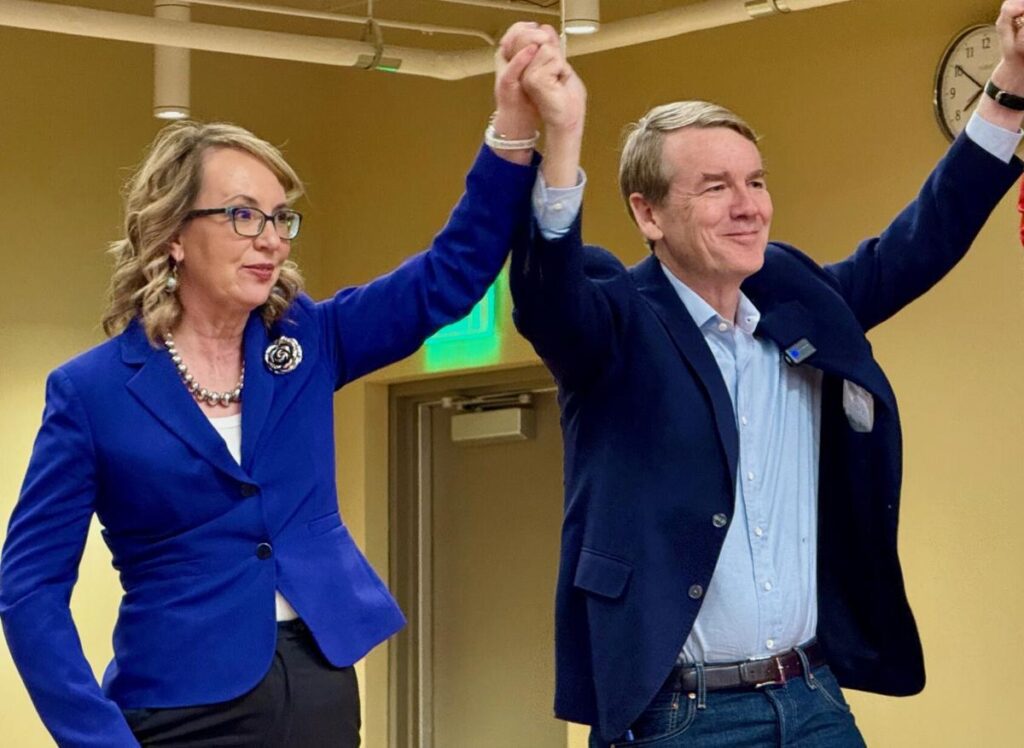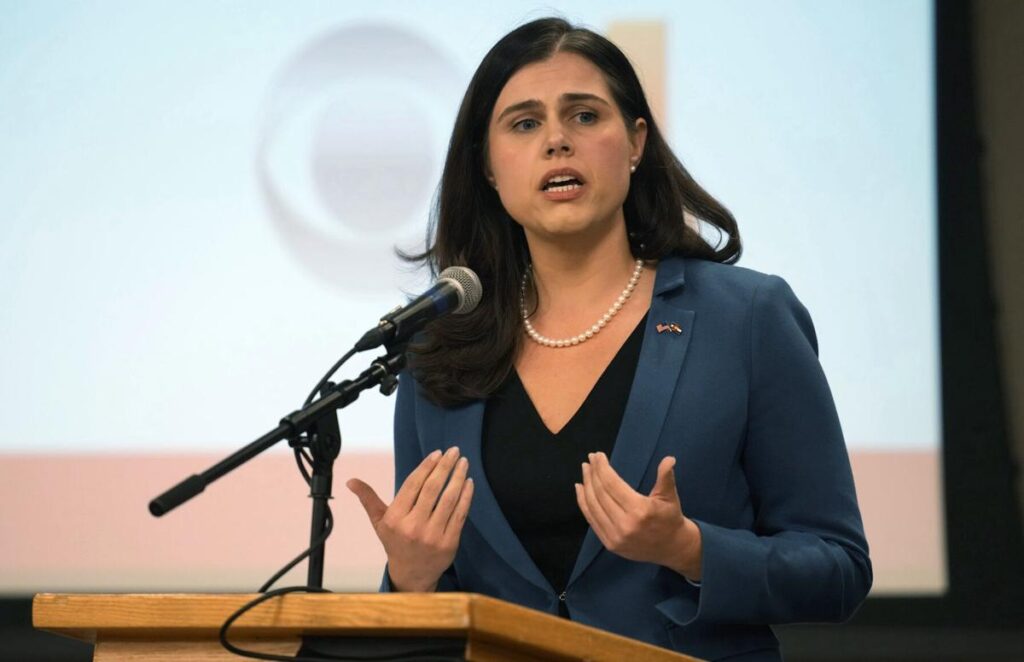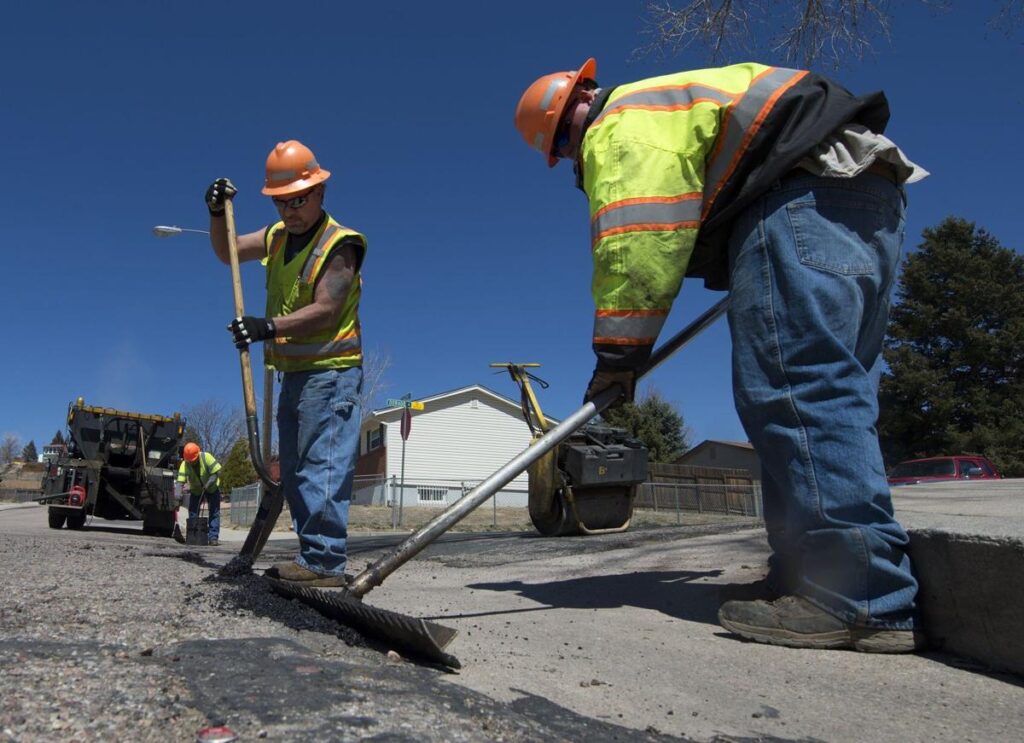Denver ballot measures: Here’s what passed and what didn’t
Denver voters approved the majority of the dozen initiatives on this year’s ballot.
They turned down a few.
Here’s a rundown of the results, based on the latest unofficial numbers on Thursday afternoon.
Here’s what passed
Denver Ballot Issue 2Q
This ballot measure will raise close to $70 million dollars annually to support Denver Health, the city’s “safety-net” hospital by increasing city sales tax by 0.34%.
In 2023 alone, Denver Health provided more than $140 million in uncompensated care.
Major supporters of this ballot measure included Hear of Denver, Healthier Colorado and the Thiry O’Leary Living Trust, and funders gave it close to $2 million.
The measure passed with 56.86% support.
Denver Referred Question 2S
This ballot question turns Denver’s Department of Human Rights and Community Partnerships into a full-fledged cabinet agency. It passed with 64.47% of the vote.
There were no organized efforts to oppose the measure, which received the support of the entire Denver City Council.
Denver Referred Question 2T
So far passing with a narrow margin, this measure amends the city charter to remove the requirement that police officers and firefighters must be United States citizens, thereby allowing non-citizens to serve as police officers and firefighters in Denver.
No committees registered in support of or opposition to this measure
It received 51.36% of the vote, as of the latest tally.
Denver Referred Question 2U
This ballot measure establishes collective bargaining for non-supervisory city employees to negotiate compensation, working conditions, and other employment terms; and it allows strikes if mediation fails except for Denver Water and Denver County Court employees, whose disputes must be resolved through arbitration. Should they choose to organize, collective bargaining rights would be extended to close to 7,000 additional city employees.
Stronger Denver, which includes contributions from the Teamsters and Communications Workers of America, supported this measure. No opposing committees have registered against it.
This proposal received more than 64.31% of the vote.
Denver Referred Question 2V
With 66.39% of voters approving, this measure allows for binding arbitration, instead of the advisory fact-finding process, when there is an impasse during collective bargaining between the city and firefighters.
No committees have registered in support of or opposition to this issue.
Denver Referred Question 2W
This measure removes the requirement that Denver City Council vote on elected official salaries every four years and requires local elected official salaries to be set by ordinance. Because 2W changes Denver’s city charter, the council cannot make any future amendments to the ordinance without returning to the voters.
There were no opposing or supporting committees for this measure.
It received more than 60.64% of the vote.
Denver Public Schools Ballot 4A
This measure gives Denver Public Schools the green light to issue $975 million in bonds to finance capital improvements, including school security, renovations, repairs, installing air conditioning, and modernizing technology. It also extends previously authorized taxes to repay bond debt and allows for future property tax rate increases as needed to cover debt repayment.
This proposal passed with 74.08% of the voter.
Denver Downtown Development Authority Ballot Issue 6A
This is one of Denver Mayor Mike Johnston’s major initiatives to revive downtown. This measure authorizes $570 million in city bonds, with a total repayment cost of up to $847 million, and will enable the Denver Downtown Development Authority to finance public facilities and improvements, including public spaces, infrastructure, and other developments.
This measure received 80.77% of the vote.
Regional Transportation District Ballot Issue 7A
This measure creates a TABOR-override for the Regional Transportation District (RTD), allowing it to retain and spend the revenue it receives above the amount originally approved by voters in 1999 and remove an obligation that RTD refund taxpayers.
Some 78% of voters favor the measure.
Here’s what didn’t pass
Denver Ballot Issue 2R
Ballot Issue 2R proposed to increase city sales and use tax by 0.5% (5 cents on a $10-dollar purchase) from Jan. 1, 2025 through Dec. 31, 2064. It would have generated an estimated $100 million annually to fund housing projects, including Mayor Mike Johnson’s affordable housing programs. Voters opposed this measure by 58.04%.
Affordable Denver supported this measure, and its major funders included Action Now Initiative LLC, Kent Thiry, Reid Hoffman and Healthier Colorado.
Denver Initiated Ordinance 308
Ballot Issue 308 would have banned fur products in Denver, with certain exceptions. It would prohibit the sale, distribution, and trade of items like mink stoles and animal fur-lined coats within the city limits.
Some 58.04% of voters opposed the proposal.
Denver Initiated Ordinance 309
Ballot Issue 309 sought to prohibit the construction, maintenance, or use of slaughterhouses in Denver starting on Jan. 1, 2026, and it would have required the city to provide workforce training or employment assistance programs for displaced workers.
Some 64.67% of voters rejected the proposal.




